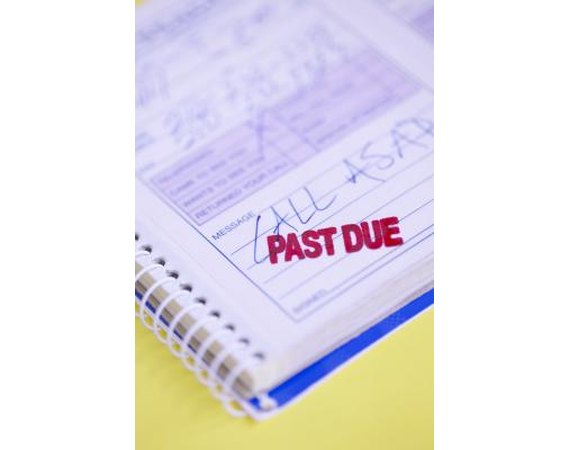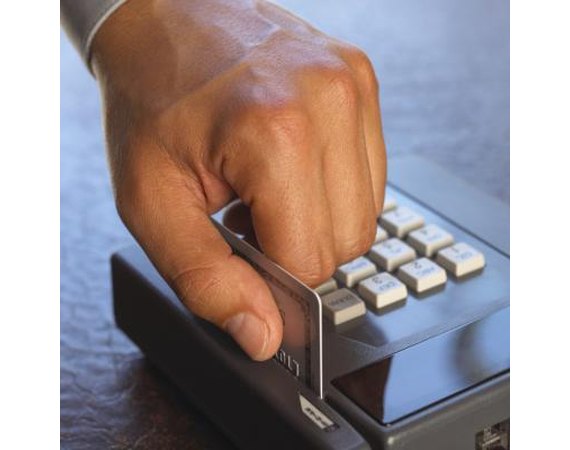Arkansas residents worried by their debt burden can seek help through the federal bankruptcy process or non-profit debt settlement services. Before signing up for any type of financial relief, it is important to understand that all types of debt settlement will negatively impact your credit standing for seven to 10 years.
Debt Settlement Basics
You must get credit counseling before filing bankruptcy in Arkansas or signing up for a debt settlement plan. Non-profit agencies work with creditors to get interest rates reduced and over-the-limit and late fees waived. Then, you will pay one monthly payment to your credit counselor plus a small administrative fee. If you have some cash on hand, you can settle many of your unsecured debts with a one-time lump sum payment.
Arkansas Asset Laws
If you cannot financially handle a debt management or settlement plan, you can file for debt relief with the United States Bankruptcy Court for the Eastern and Western District of Arkansas. Consider your assets before filing a case; if you have lived in Arkansas for at least two years you can use state asset exemption laws to protect up to $2,500 in real estate equity, according to Bankruptcy Action. You can also protect up to $20,000 of retirement account contributions made in the year prior to your bankruptcy case filing as well as up to $1,000 in life insurance benefits.
Chapter 13 Bankruptcy
Arkansas residents with at least six months living in the state and steady income can request partial debt repayment under Chapter 13 bankruptcy. As of 2011, this debt settlement plan cost $274. It usually takes three to five years to finish a Chapter 13 plan. Ineligible debts include child support, alimony, recent tax debts, court fines, bills charged right before bankruptcy and any lawsuits related to the commission of a crime.
Chapter 7 Bankruptcy
Chapter 7 bankruptcy permanently purges many pre-existing debt obligations, but Arkansas residents generally must earn less than the state's annual median income level to qualify. As of 2011, a single Arkansas resident could earn up to $32,834 a year and still qualify for Chapter 7, while a four-member household could bring in up to $54,401 annually, according to the U.S. Trustee Program. People earning more money must get permission from an Arkansas bankruptcy judge to file Chapter 7 and prove their inability to partially repay creditors under Chapter 13 while handling household expenses.




























